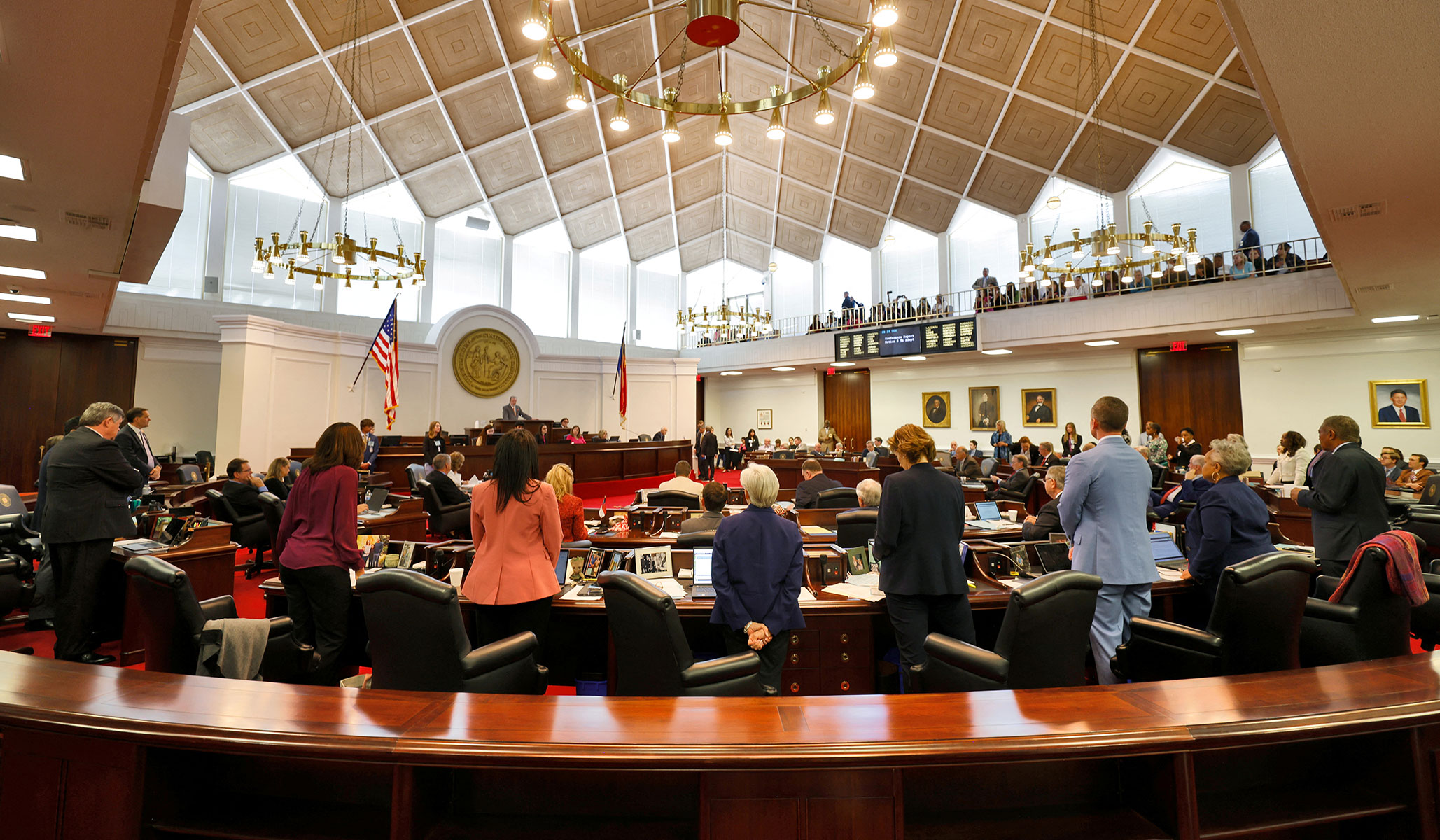


On the issue of protecting life, Republican state legislators appear to be learning to not let the perfect be the enemy of the good.
In North Carolina on Tuesday night, the Republican legislature overrode the Democratic governor’s veto of a bill establishing a twelve-week limit on elective abortions. The legislature needed at least 60 percent of the votes in each chamber — and that’s precisely what it got when the state house voted 72-48 and the state senate voted 30-20. With no margin for error, North Carolina Republican legislators prudently went as far as they could go to protect life. Representative Tricia Cotham recently switched from being a Democrat to a Republican but was unwilling to vote for an abortion limit earlier than twelve weeks of pregnancy.
Legislators also have the opportunity to embrace pro-life statesmanship in South Carolina and Nebraska this week.
In South Carolina, there has been a deadlock between the state house and senate over pro-life legislation. The lower chamber passed a bill to protect life from conception, but it lacked the votes to overcome a senate filibuster. If the standoff persists, that would mean abortion would remain legal in South Carolina late into pregnancy — all the way until 22 weeks, when babies are capable of feeling pain and some born at that point can survive their stays in the neonatal-intensive-care unit and grow up to be healthy children. Governor Henry McMaster called the legislature back for a special session in which the state house is advancing a six-week limit on elective abortions — a measure that has already passed the senate.
A similar story is playing out in Nebraska’s unicameral legislature. At the end of April, Senator Merv Riepe withdrew his support for the Nebraska Heartbeat Act, leaving the bill establishing a six-week limit on elective abortion one vote short of the two-thirds support necessary to end a filibuster. But Riepe was willing to support a twelve-week abortion limit, and that bill advanced Tuesday on a 33-14 vote and faces final passage this week.
None of these bills is perfect. But each bill would save some lives, and it would be a grave error to insist that no lives should be saved until all lives can be saved.
Pro-life statesmanship does not end with the passage of laws, of course. One vitally important task for pro-life officials is to ensure that abortion laws’ exceptions protecting the life and physical health of the mother are properly understood by hospitals and doctors. On that matter, Nebraska has recently provided a very useful model for educating health-care professionals and countering dangerous misinformation. At the end of April, the state’s chief medical officer sent out a letter explaining that there is no requirement under the abortion law to wait until a condition presents an imminent threat to the mother. The letter gave an example of one of the most common life-threatening pregnancy complications that can arise and explained that the law allows doctors to continue to provide the same standard of care as they always have. In North Carolina, with Democrats holding the posts of governor and attorney general, it will likely fall to the legislature to ensure that the law is properly understood before it takes effect on July 1. But every state with pro-life officials in the executive branch would be wise to follow the lead of Nebraska.
